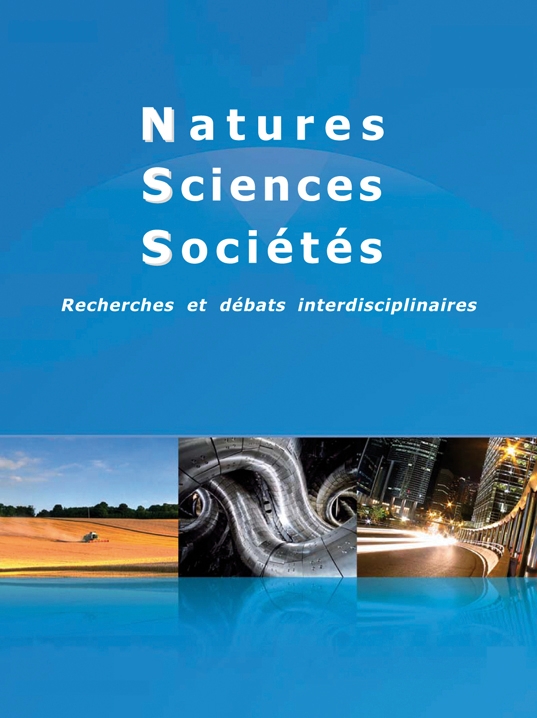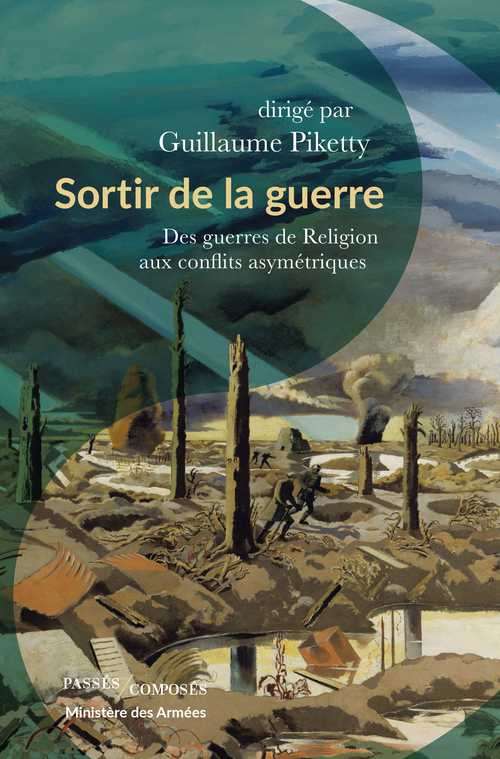Winner of the Pierre Bouvier Prize for Socioanthropology 2025: congratulations to Alice Daquin!

To pay tribute to the founder of the magazine Socio-Anthropology and to promote this interdisciplinary approach, the association Socio-anthropologie en perspective and the journal have created an annual prize to reward a doctoral thesis that integrates and contributes to this approach in the social sciences.
Le Pierre Bouvier Prize for Socioanthropology 2025 was awarded to Alice Daquin for her thesis entitled «L'intermédiation aux marges de l'État. An ethnography of political maternalism in a working-class district of Marseille».» (Graduate Institute of International and Development Studies, Geneva).
Alice Daquin is currently a post-doctoral researcher at MESOPOLHIS as part of the A*Midex Chair of Excellence in Urban Violence led by Dennis Rodgers.
Congratulations to the winner!
Summary of the thesis:
This thesis brings together political socio-anthropology, gender studies and spatial approaches, in order to analyse the transformations in relations between the State and working-class neighbourhoods in the light of the political intermediation processes of mothers.
Based on an ethnography of interviews, observations, drawings and talking circles conducted on a social housing estate in Marseilles, I show that some mothers take charge of some of the meetings with the State on behalf of other residents. In this way, they carry out what I call day-to-day political intermediation, which can be defined as a material and symbolic process of resource circulation, translation and representation, between the State and the residents.
The thesis explores four time-spaces of this intermediation: the residential environment, social counters, women's associations and, finally, institutional meetings. Each of these dynamic socio-spatial configurations shapes and gives rise to different intermediation practices: intermediations of protection, of paper, of anchoring and of speech. I show that these intermediations shape the material and symbolic distances between women and the state, while at the same time calling into question the gender order within the city.
This thesis thus contributes to theorising the existence of a political maternalism co-constructed from above and below, which takes the form of ambiguous collaborations that extend as much as they negotiate the state's presence in working-class neighbourhoods.


